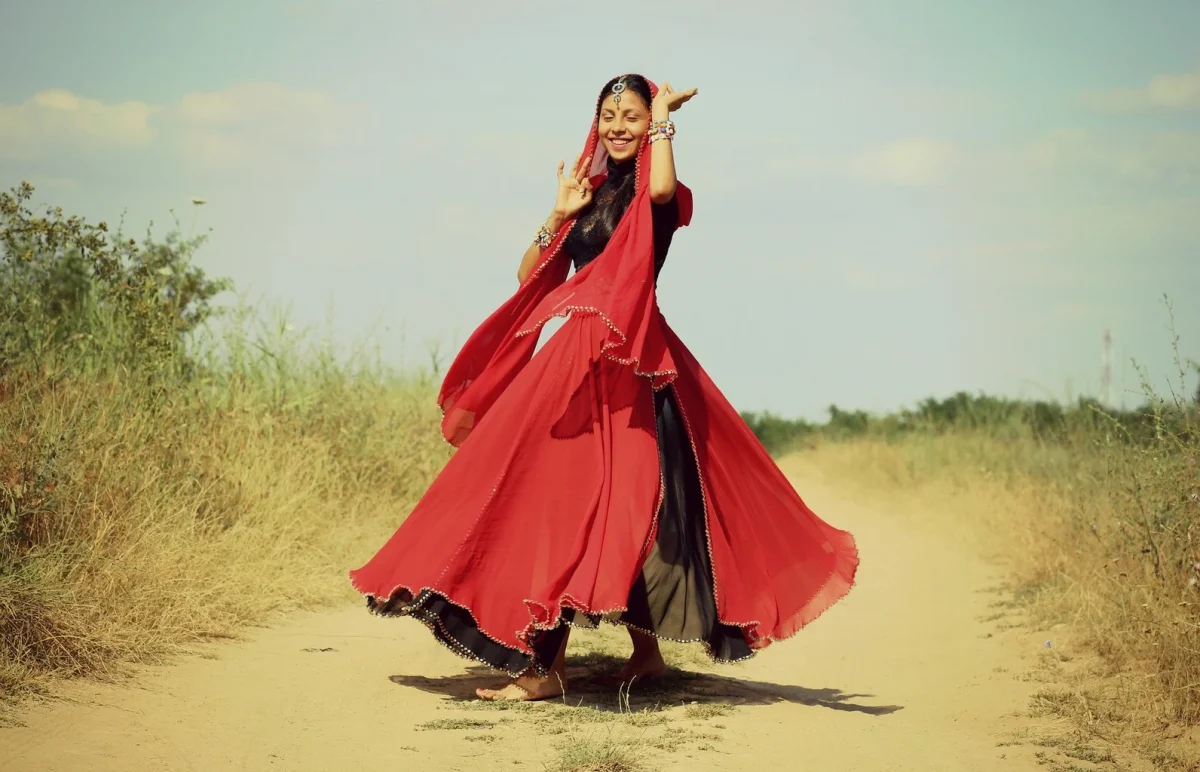From singers to authors to actors, controversial artists are constantly scrutinized for their unethical actions. However, the opposite phenomenon also appears frequently, where the public excuses unethical behavior of certain artists due to their talent. Should talent excuse actions or should society hold artists accountable for their behavior by boycotting their work?
Allowing talent to excuse actions means focusing on art regardless of the artist’s personal conduct, so one can argue that this allows for a broader appreciation of creativity. This can be seen in various mediums, one being the “Harry Potter” series. Despite J.K. Rowling’s degrading tweets regarding the transgender community, the “Harry Potter” franchise itself has not lost popularity, thus being treated as separate from the artist. This is because reading the “Harry Potter” series is a rite of passage for most kids, and boycotting it due to Rowling’s actions would likely negatively impact the community. Fan sites simply vowed to “no longer be covering aspects of J.K. Rowling’s personal life.” Due to the high quality of her books, people continue to support Rowling’s series despite her flaws.
However, it can also be argued that allowing talent to excuse actions leads to a lack of accountability. For example, given the popularity of “Harry Potter,” people may mistakenly believe that being transphobic has no consequences on an author, seeing as Rowling’s work has remained unscathed throughout the controversy. This could lead influential artists to act without considering possible repercussions of their actions. Furthermore, when society excuses these actions, it can cause marginalized groups to feel invalidated. In Rowling’s situation, the transgender community may feel powerless due to how popular her novels remain.
Not only does excusing actions for talent lead to a lack of accountability, it also results in ignorance in which the public is blind to an artist’s flaws. A prime example of this is Pablo Picasso, who is generally held in high regard for his paintings, but never studied for his misogyny and abusive behavior. Dora Maar, the Weeping Woman in Picasso’s paintings, was a victim of his manipulation and physical abuse. When they first met, Maar and Picasso had an age gap of 30 years. Her liaison with Picasso ended in 1943, and after suffering a mental breakdown, rumors about her mental state were spread by Picasso. Yet today, Maar’s story is condensed into strokes of paint, imprisoned in a canvas and unknown to many, and these paintings are still enjoyed to this day by those unaware of who the weeping woman is.
Said Cupertino High School art teacher Carley Stavis, “I wouldn’t be teaching students to consume art in a way that’s divided from the context. I think it’s important to dig into and ask those questions of ‘Where did this come from? How did it come about? Who created it? Why did they create it?’”
Ultimately, both sides of the debate present valid arguments on whether talent should or should not excuse actions. “I imagine there’s a lot of kids who understand that [Rowling’s] transphobia is dangerous and unsafe for people,” said CHS English teacher Jenny Padgett, “but who also still retain something of the joy and childhood wonder that they experienced when they read ‘Harry Potter.’ I’m sure that those two feelings are kind of coexisting within students.”
Given the complexity of this debate, people should learn how to make decisions to handle situations involving controversial artists. These decisions involve weighing an artist’s talent against their flaws, which depends heavily on how one defines the ethicality of actions. Ethicality can sometimes be explicitly defined by certain guidelines.
For instance, the theory of deontology defines ethical actions by a set of rules, such as “tell the truth” and “do not injure others.” Since the system is universal, deontologists would argue that everyone is subject to the same moral duties, regardless of their talent. If an action is considered objectively wrong by the rulebook, it remains wrong no matter who committed it. Under this definition, gifted artists are not afforded special treatment due to their talent, meaning that talent does not excuse actions. By contrast, utilitarianism is about contributing to happiness for the greatest number of people. As long as a work of talented art brings joy to more people than the creator’s behavior has harmed, then by definition, the behavior is acceptable and ethical. So, allowing talented artists to act problematically is ethical, and under this system talent does excuse actions. These two different frameworks provide contradicting views, which shows that the true definition of ethicality is a personal decision that depends on one’s values.
Interestingly, the habit of allowing talent to excuse actions is the opposite of the phenomenon of “cancel culture.” “Cancel culture” is when the public ostracizes a celebrity due to their actions, whether this mass boycott is justified or not. When enough people disagree with an individual’s behavior, the public takes a collective stance against them to hold them accountable for their actions. Yet in the talent vs actions phenomenon, when a celebrity demonstrates extremely problematic behavior, the public may continue supporting their work due to their talent. This shows how society has two completely contrasting ways of treating controversial artists — to shun and “cancel” them, or to continue celebrating their work.
As an audience, it is crucial to recognize when talent is being used to shield a person from the consequences of their actions, in order to spread awareness and keep celebrities accountable. “People can vote with their conscience,” said Padgett. “They can vote with their dollars. They can choose not to read or listen to or engage in things with artists they don’t agree with, and I think that’s significant. Those are some really important decisions that each person needs to grapple with for themselves.”











